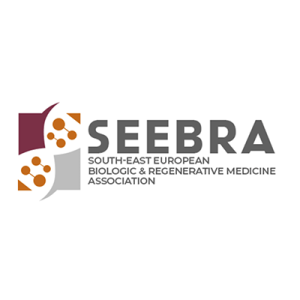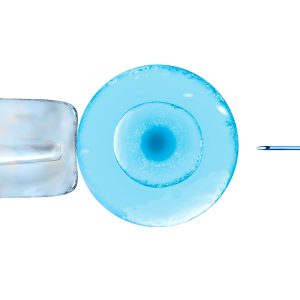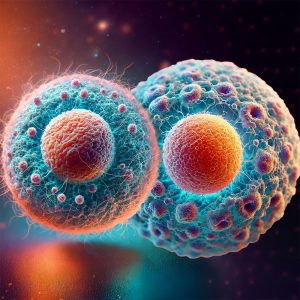In today’s world, more women are choosing to have children later in life — whether it’s to focus on education, career, or personal goals. But waiting to start a family also brings up important questions about fertility preservation and long-term health.
One key piece of the puzzle? AMH — Anti-Müllerian Hormone.
This simple blood marker offers powerful insights into your reproductive system and overall hormonal balance. Let’s break down why it matters.
What is AMH?
AMH (Anti-Müllerian Hormone) is a protein produced by the small follicles in your ovaries — each of which contains an immature egg. Because of this, AMH levels reflect your ovarian reserve, or how many eggs you have left.
Higher AMH levels generally mean a greater number of follicles, and better chances for spontaneous conception. Lower AMH levels may indicate a reduced ovarian reserve and can be an early sign of approaching menopause.
It’s one of the most reliable indicators of ovarian health available today.
Why Should You Measure Your AMH?
Assessing Fertility Potential
AMH helps doctors estimate how many follicles (and eggs) are still available — a key piece of information if you’re delaying pregnancy or considering fertility treatments.
Making Timely Decisions
Low AMH levels may encourage earlier family planning or egg freezing. High AMH levels suggest a good ovarian reserve, but might also point to conditions like polycystic ovary syndrome (PCOS).
Knowing where you stand helps you and your partner make informed choices.
Personalizing Fertility Treatments
AMH levels help tailor IVF protocols. For high AMH levels, doctors can adjust stimulation protocols to reduce the risk of ovarian hyperstimulation. For lower AMH levels, a more intensive approach may be needed to collect enough quality eggs.
Monitoring Ovarian Health Over Time
Regular AMH testing shows how your ovarian reserve is changing. This is especially important for women who may have:
· A genetic predisposition to early menopause
· Endometriosis
· Autoimmune diseases
· A history of ovarian surgeries
Ovarian Function and Overall Health
AMH is often linked to fertility, but ovarian function affects much more than reproductive potential. Your ovaries also produce essential hormones — estrogen and progesterone — which support many vital functions in your body.
These hormones help:
· Maintain bone density
· Support heart and cardiovascular health
· Regulate metabolism, including fat storage and blood sugar control
· Stabilize mood and support emotional well-being
So when ovarian function begins to decline, it can impact much more than fertility — it can affect your overall quality of life as you age.
Should AMH Be Part of Your Routine Check-Up?
Yes. A growing number of gynecologists and endocrinologists recommend ovarian reserve testing as part of routine health evaluations, even if you’re not currently trying to conceive.
This approach helps with:
· Early detection of ovarian conditions such as premature ovarian insufficiency, cysts, or endometriosis
· Timely treatment and prevention of ovarian decline through hormone therapy or other strategies
· Maintaining balanced hormones to protect against long-term health complications such as cardiovascular, skeletal, and metabolic issues
Who Should Consider AMH Testing?
Consider AMH testing if you are:
· Thinking about postponing pregnancy
· Experiencing irregular menstrual cycles or ovulation issues
· Suspected of having PCOS
· Planning to undergo assisted reproductive treatments
· Have a family history of early menopause
· Wanting to monitor and maintain your quality of life and hormonal health
How Is AMH Testing Done?
The test is simple. It involves a routine blood draw and can be done on nearly any day of your menstrual cycle, making it highly convenient. Results are typically available within a few days, after which your gynecologist or endocrinologist can help interpret the results and recommend next steps.
Final Thoughts
AMH testing is valuable not just for women planning a family but for anyone who wants a clearer picture of their reproductive and hormonal health.
Because the ovaries play a key role in producing hormones that affect bone strength, heart function, metabolism, and mood, protecting their function is essential.
Including AMH testing in regular health check-ups allows for early detection of ovarian decline, helps prevent serious health conditions, and supports better quality of life.
Talk to your doctor about AMH testing and ovarian reserve evaluation — it’s a small step that can make a big difference in your long-term health.






